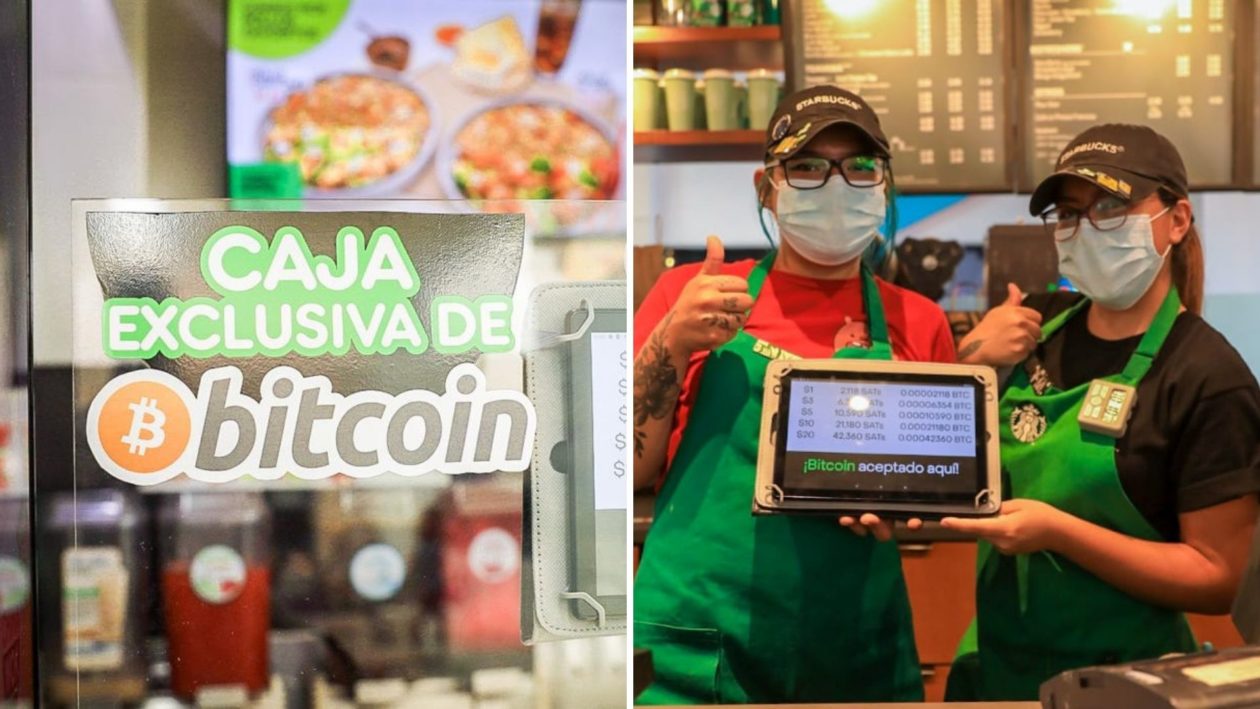Just one day after El Salvador’s highly-anticipated adoption of Bitcoin as legal tender, the country’s recently acquired nest egg of 400 BTC lost roughly US$2.5 million in value as the entire crypto market saw a loss of 10% to 15% in 24 hours, according to CoinMarketCap.com
Fast facts
- Bitcoin was trading around a four-month high of US$52,850 in the lead-up to the adoption, but quickly lost 15% overnight in Asia before rebounding slightly. It has since steadied, trading at US$46,557 at press time.
- Looking to make the best of the rocky start to the adoption, President Nayib Bukele tweeted his government had “bought the dip,” adding 150 BTC to its position overnight, bringing the country’s total holdings to 550 BTC.
- Bitcoin’s potential for high volatility was among the chief concerns for opponents of the adoption — which makes a considerable percentage of the population. A survey conducted in the country shortly after the bill was announced in June showed that less than 20% of respondents approved of the plan. The plan also drew ire from international organizations such as the International Monetary Fund, which warned other countries against following suit, suggesting they would be better served by strengthening existing financial architecture.
- Despite the trepidation, Salvadorans have been able to spend their Bitcoin at businesses and venues as of yesterday; McDonald’s El Salvador became the first of the fast-food giant’s national franchises in the world to accept Bitcoin. Twitter was filled with examples of customers happily spending their Bitcoin at MacDonald’s and other locations by being provided with a QR code of their receipt with a link to a webpage to pay the invoice.
- Jonathon Miller, Australian managing director of global crypto exchange Kraken, told Forkast.News the accessibility and affordability of QR codes helps vendors and customers alike, and that this development is a positive step for the country and the industry. “[QR codes] have become ubiquitous, especially in this post-Covid world,” Miller said. “It used to be something that only happens in Asia with some of the payment platforms there, which rely heavily on QR codes. It’s much easier to print a QR code than it is to install a new [point of sale] machine at a retail outlet. So, it’s a really fascinating story.”
- “And El Salvador coming out and saying they’re buying the dip. Great narrative,” Miller added. “They’re playing to the crowd a little bit there, I think.”

